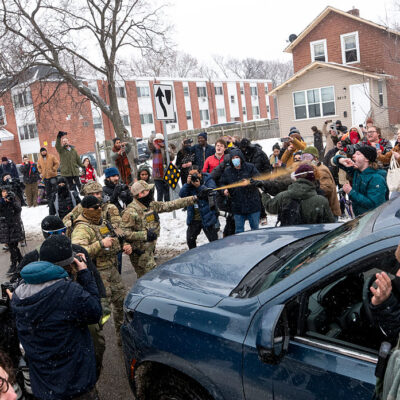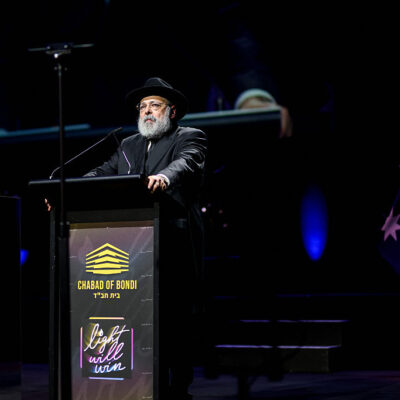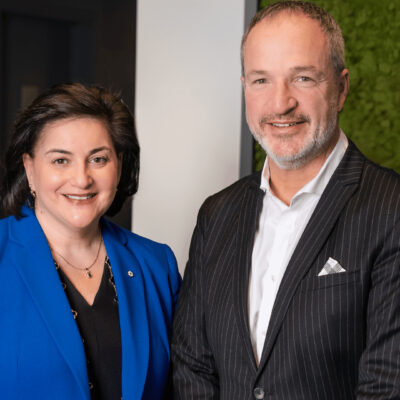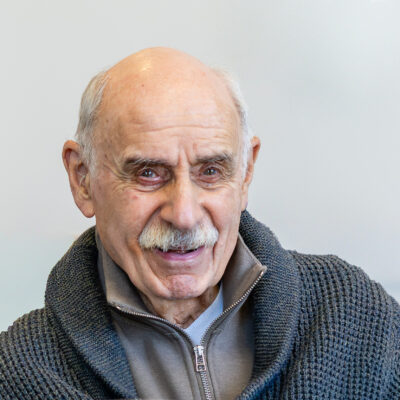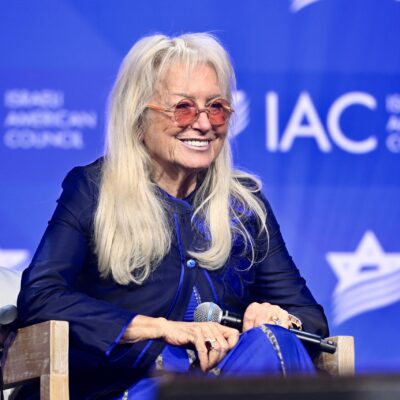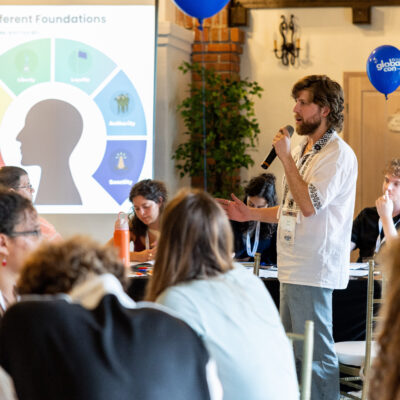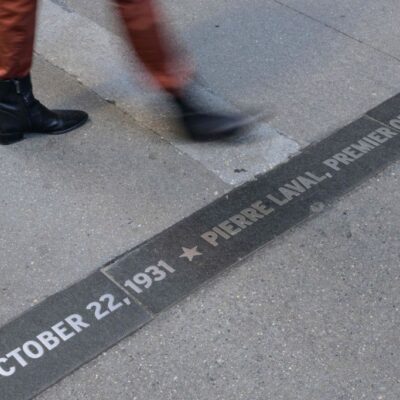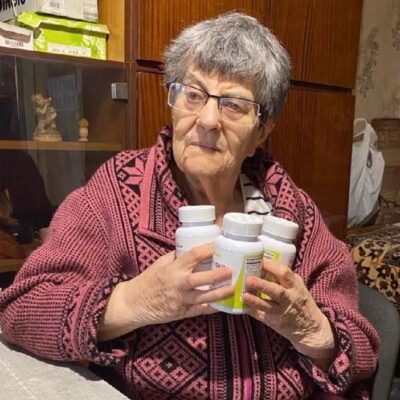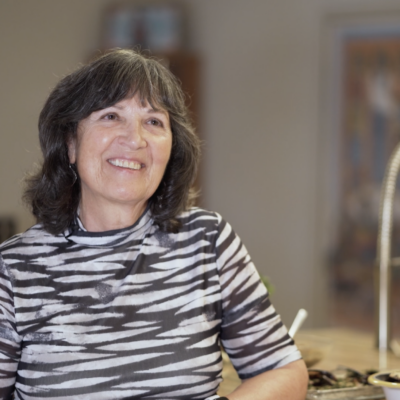The Trailblazing Israeli Movement That Predated #MeToo

By Judy Maltz
Haaretz.com
Long before #MeToo and long before Christine Blasey Ford took the stand against Brett Kavanaugh, a group of women in Israel launched a movement aimed at encouraging victims of sexual assault to share their stories publicly.
They called it One of One (in Hebrew, Achat Mitoch Achat) – out of their conviction that every single person in Israel has been the target of some kind of unwanted sexual act.
What started out as a Facebook page meant to serve as a platform for testimonies has since evolved into a full-fledged NGO that also offers other services and engages in fundraising.
“What we did five years ago with One of One is what #MeToo did in America a year ago,” Yael Sherer, a driving force in the movement, reflects with pride. “Essentially, we provided a safe space for victims to share their experiences and were able to expose many men of power in Israel.”
It was the willingness of women like her to break their silence that spawned the movement. In 2012, Channel 2 – then Israel’s most-watched television station – broadcast “Dirty Laundry,” a documentary produced and directed by Sherer, in which she revealed that her father had sexually assaulted her when she was a child.
She had already won a criminal suit against him. But when he was released from jail after two years, she decided to seek compensation in a civil suit. The documentary follows the second case she brought against her father, which she also ultimately won, as it plays out in court.
Going public
When “Dirty Laundry” was first broadcast six years ago, it was rare, though not unprecedented, for a woman to speak openly on Israeli TV – her face not blurred – about being a victim of sexual abuse.
In 2010, Dr. Orly Innes, a senior official at the Interior Ministry, made history when she revealed herself as the woman behind a sexual assault complaint brought against Maj. Gen. Uri Bar-Lev, then a candidate for the job of police commissioner. After that, several of the women who had accused former President Moshe Katsav of rape and sexual assault also went public. (Katsav was released in December 2016 after serving five years of a seven-year sentence.)
“When I chose to expose myself, I was feeling very much alone,” recounts Sherer, the daughter of immigrants from South Africa who divorced when she was young. “But once my film was broadcast on television, I had hundreds of people, men and women, writing me and calling me and telling me that this was their story, too. I was suddenly part of a movement. It was like I had started a fire.”
A former journalist for a local newspaper, Sherer, 36, is single and childless – “by choice,” she says pointedly. She is also an active member of the Conservative synagogue in her hometown of Kfar Sava.
Since One of One was launched, nearly 2,500 Israelis have shared their experiences of rape, incest and sexual assault.
Most of the testimonies are anonymous but, as Sherer notes, “Many more than you would think” opt to reveal their names.
Some of the powerful Israeli men to have been exposed through the movement are nightclub owner Alon Kastiel, who was sentenced to four years and nine months last July for various sex offenses, and one of Israel’s best-known actors, Moshe Ivgy, who is currently awaiting trial after being charged in May with sexual harassment. Ivgy denies the allegations.
Even if victims of sexual crimes choose not to go after their perpetrators, Sherer believes there is great value in having them share their stories. “People need to understand that this is nothing more shameful than having their car stolen and that it’s not their fault,” she says. “For me, it’s very important that people don’t experience what I experienced – the shame, the vulnerability and the silence for so many years.”
In addition to providing victims and survivors with a platform for sharing their experiences, One of One provides legal and other assistance to those who choose to file complaints against their perpetrators.
It also operates a secret database of names of individuals against whom complaints have been filed, which has come to serve as a helpful resource for the police in their quest to identify multiple offenders. That database currently contains some 5,000 names, according to Sherer, including four sitting members of the Knesset.
#Men too
After U.S. President Donald Trump criticized Ford for staying silent for so many years about her sexual assault, #WhyIDidntReport began trending on Twitter. The Hebrew equivalent, which popped up a few days later, prompted hundreds of Israelis – some more famous than others – to come forward with their stories of sexual assault and explain why they stayed silent for so long.
What surprised Sherer most about the Israeli response was the number of men who participated.
“For me, this was, in a way, the hashtag of men and it’s possible that it’s happening now because women in Israel have paved the way for them to speak out, and have made them understand that it’s not their fault and that they don’t need to be ashamed,” she says. “What we’re seeing is really a revolution – and it didn’t begin yesterday. I think we’re going to see more men come forward in the United States as well, just like it’s happening here.”
But while victims of sexual crime are sharing their experiences more readily these days, Sherer is frustrated that not enough is being done by the authorities to assist them.
“People in Israel say they didn’t complain because they didn’t think anything could be done. And sadly, it’s the truth,” she says. “Our prime minister [Benjamin Netanyahu] never speaks out against sexual violence – in fact, within his own little circle, there are several men who have been accused of it. Our justice minister and education minister haven’t said anything about it, and neither does the army acknowledge that it has a severe problem on its hands. And even when women go to the police to complain, they are still asked questions like what were they wearing and whether or not they had an orgasm. So why would people complain? What would they gain from it besides more anguish?”
As a leading advocate for victims of sex crimes in Israel, Sherer has taken it upon herself to change all that. “My fight is not about getting women and men to go and complain and file a lawsuit,” she explains. “I’m fighting for a world in which they know that if they file a lawsuit, the government and all the relevant authorities will be behind them.”
In Israel, she notes, only five hospitals have emergency rooms licensed to administer sexual assault forensic exams. As a result, victims are often forced to travel to an out-of-town facility where evidence can be collected. After five years of lobbying, Sherer recently got the Health Ministry to agree to begin training doctors to administer these exams in Eilat, so that victims in the country’s southernmost city would no longer have to spend hours on the road after they are assaulted.
Under existing Israeli law, hospitals are allowed to discard these rape kits – which often serve as key evidence in trials – after three months. Sherer lobbied for a special temporary directive that now requires hospitals to hold onto them.
“Just this morning I got a call from the State Comptroller’s Office, and they told me they had no idea that it was legal to destroy this evidence of sexual violence,” she says. She is now campaigning for legislation that would prevent convicted sex offenders from changing their names. And when she’s not lobbying in the Knesset, she’s out speaking and screening her film.
Sherer says that, unlike many Israeli social activists operating in other realms, she is very optimistic these days. “Every morning I wake up and know that I can change things – and that’s because I have. So I’m never discouraged,” she says. “I went through hell for 15 years fighting in the courts and came out on the other end.”

 Add EJP on Google
Add EJP on Google